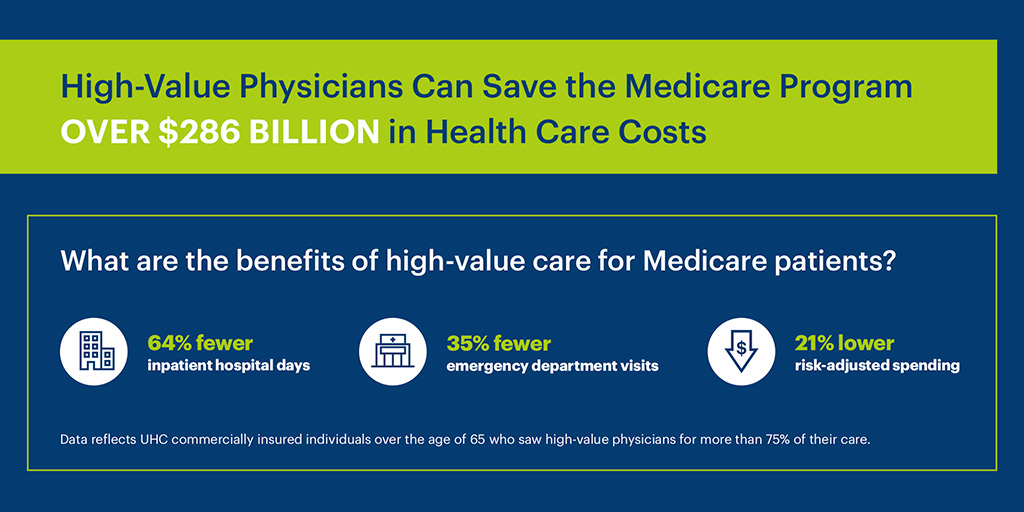SALT LAKE CITY: Optum Bank, the nation’s leading provider of heath savings accounts, has enhanced its data and analytics tool to help increase health savings account (HSA) savings and provide accountholders with a better understanding of how to use their HSAs to pay for health care costs.
Optum Bank’s updated Health Finance Journey uses behavioral science and advanced analytics to determine what motivates consumers to behave in certain ways. The Optum model then clusters consumers into microsegments based on common attributes and motivations. This provides employers that sponsor HSA qualifying insurance plans with unique insights that enable them to develop better targeted and personally relevant communications to help employees save more for their health care expenses and make better health care decisions.
This updated model is providing encouraging results. Overall, accountholders who were targeted with new messages based on the enhanced Health Finance Journey increased their balances, became eligible to invest, and took the next step and chose to open investment accounts. Specifically, the enhanced tool resulted in:
- A 26 percent increase in one-time contributions.
- An increase of average balances of 12 percent.
- A 23 percent increase in investment account openings. Most health savings accountholders are required to have a minimum cash balance before they can open an investment account.
“Employers want access to the latest data-driven analytics and tools that help their employees save for their current and future health care needs,” said Deb Culhane, president and CEO of Optum Bank. “The Health Finance Journey’s enhanced capabilities offer employers better strategies to help them communicate the right messages, to the right employees, at the right time. We are very encouraged by the initial results of applying this updated model.”
Optum Bank’s enhanced Health Finance Journey recently used machine learning to analyze nearly 200,000 de-identified accountholders and identified natural segments and clusters. As an outcome of the analytics process, more than 2,000 attributes were synthesized based on inputs such as HSA contributions and distributions, account tenure and consumer behaviors, among others. The final result was 20 microsegments, where a consumer within a specific microsegment can be targeted with specific communications most relevant to them.
In 2014, Optum created the ‘5 Stages of Health Saving and Spending’ to map employee health care saving and spending behavior with HSAs. These are stages that people take in their health savings from deciding to get an HSA to optimizing their accounts through the investment option. The Optum Health Finance Journey works in tandem with the ‘5 Stages’ by providing employers with deeper understanding of where their employees have progressed in each of the stages, and helps employers with targeted communications tactics to move employees through all five stages, thereby increasing engagement and savings rates.
For more information about Health Finance Journey and the ‘5 Stages of Health Saving and Spending,’ visit the Optum Bank website at: https://www.optumbank.com/resources.html.
Investments are not FDIC insured, are not guaranteed by Optum Bank®, and may lose value.
About Optum Bank
Optum Bank, Member FDIC, and OptumHealth Financial Services (OHFS), is a health and wellness company serving more than 115 million people. Optum Bank is solely dedicated to health care banking with more than 10 years of experience managing health savings accounts (HSAs). With more than 5 million health savings and notional accounts, and more than $9.5 billion in assets, Optum Bank is uniquely positioned to guide consumers along the journey from opening to optimizing an HSA. Health care and finance is in our DNA.
About Optum
Optum is a leading information and technology-enabled health services business dedicated to helping make the health system work better for everyone. With more than 135,000 people worldwide, Optum delivers intelligent, integrated solutions that help to modernize the health system and improve overall population health. Optum is part of UnitedHealth Group (NYSE:UNH). For more information, visit www.optum.com

Share This Story